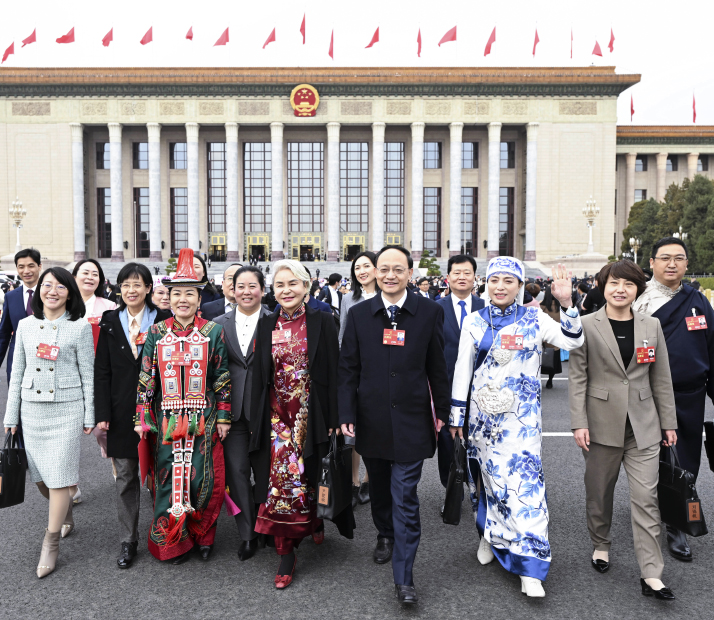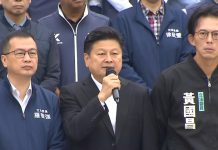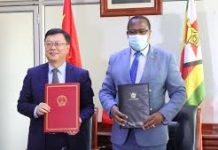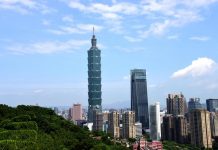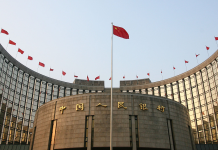BEIJING: About five months after his reelection as general secretary of the Communist Party of China (CPC) Central Committee, Xi Jinping won his third term as Chinese president at the First Session of the 14th National People’s Congress (NPC), the national legislature, which concluded on March 13.
At the session, Xi was also elected chairman of the country’s Central Military Commission (CMC). Assuming the top posts in the Party, the state, and the armed forces, Xi is leading the country and its 1.4 billion people on a new journey to modernization.
Wrapping up the session, Xi delivered a closely watched speech to a gathering of nearly 3,000 lawmakers. “The people’s trust is my biggest motivation moving forward and is also a weighty responsibility on my shoulders,” Xi said.
Xi announced that the central task of the entire Party and all Chinese people, from this day forward to the middle of the century, is to turn China into a great modern socialist country in all respects and advance national rejuvenation on all fronts. “The relay baton has been passed on to our generation,” he said. Born in 1953, Xi joined the CPC in 1974, and became the Party branch secretary of Liangjiahe, a small village in rural Shaanxi Province later that same year.
He then worked in different places and rose from the grassroots level to the helm of the Party and the state. Xi was first elected general secretary of the CPC Central Committee and named chairman of the CPC CMC in November 2012. He was elected Chinese president and chairman of the CMC of the People’s Republic of China in March 2013.
When Xi was first elected as general secretary in 2012, around 100 million rural Chinese were living under the poverty line of 2,300 yuan ($334) per year at 2010 constant prices.
In less than a year, Xi put forward the “targeted poverty alleviation” strategy and over the span of about eight years, sent 255,000 work teams and 3 million cadres to villages, providing one-on-one assistance to impoverished farmers.
On February 25, 2021, Xi announced that absolute poverty had been eliminated in China.
Another challenge was corruption. Upon taking the Party’s top office in late 2012, Xi cautioned that “if corruption is allowed to spread, it will eventually lead to the collapse of the Party and the fall of the state.”
Less than a month into the job, he fired the first shot in his war against corruption. Over the course of 10 years, high-ranking “tigers,” including a former member of the Standing Committee of the Political Bureau of the CPC Central Committee, were taken down.
Over 500 centrally administered officials, most of whom were at or above the ministerial level, were investigated. Crooked officials who fled overseas were brought back through anti-corruption operations initiated by Xi.
–The Daily Mail-Beijing Review news exchange item

